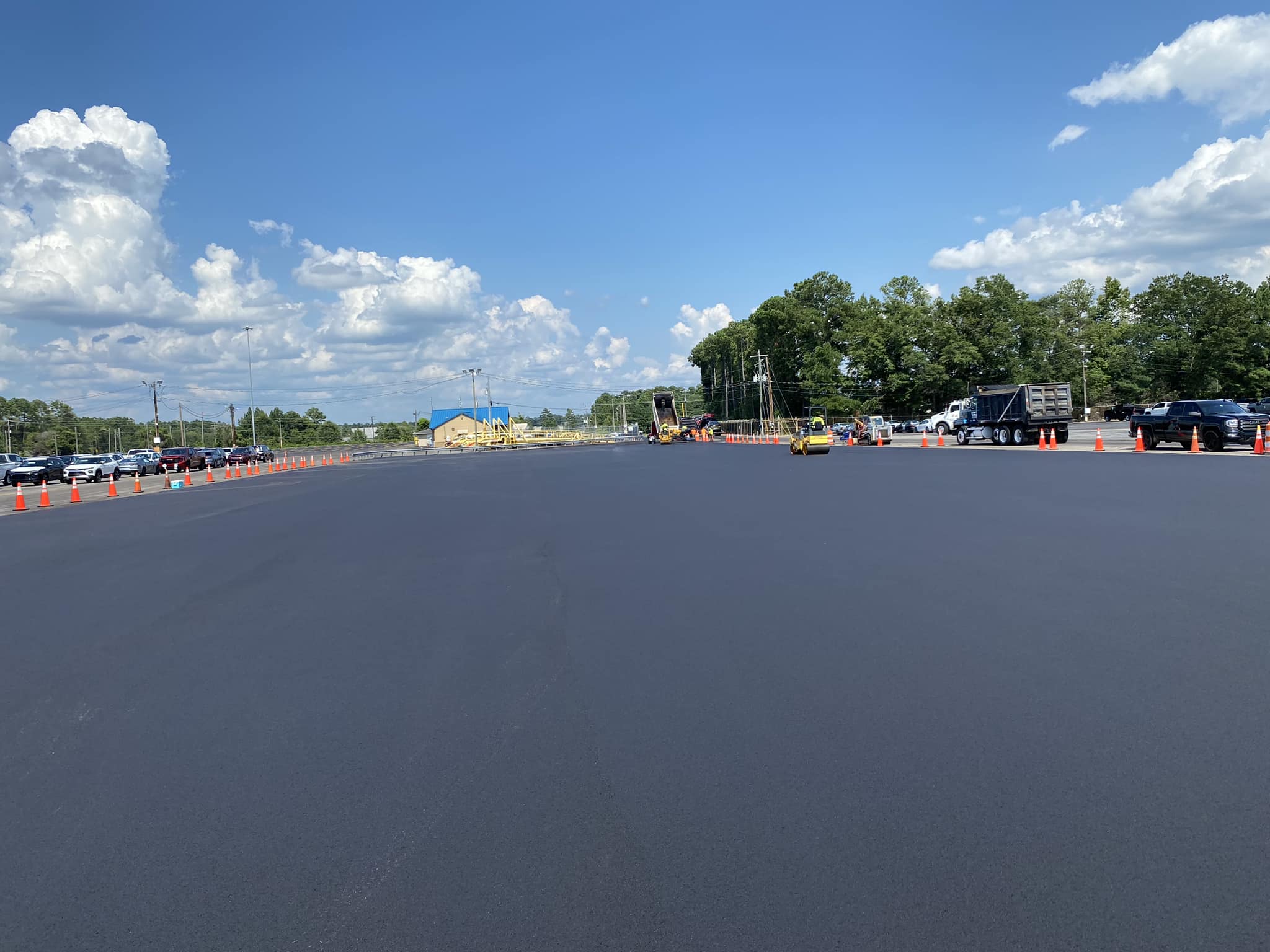
The Role of Paving in Urban Development: How Quality Asphalt Keeps Cities Moving Oct 09, 2025
The history of asphalt paving dates back thousands of years, but its importance in modern urban development cannot be overstated. In contemporary cities, well-maintained roads are essential for reducing traffic congestion—a critical problem in metropolitan areas. Asphalt, known for its durability and smooth finish, provides a driving experience that facilitates faster and safer travel. This helps in minimizing commute times and maximizes efficiency, directly contributing to the overall productivity of the community.
Quality asphalt paving is essential for urban development as it offers long-term benefits with minimal maintenance. Asphalt is recognized for its resilience against varying weather conditions, including rain, snow, and extreme heat. This makes it an ideal choice for cities experiencing diverse climates. A well-paved road can significantly cut down on wear and tear on vehicles, extending their lifespan and saving costs on repairs for both individuals and commercial enterprises. For city planners and policymakers, investing in high-quality asphalt paving is a strategic move towards sustainable urban growth.
Economically, the role of asphalt paving extends beyond just facilitating easier transportation. A city's road network forms the veins of economic activities, connecting businesses to consumers and industries to suppliers. Robust and well-maintained roads attract businesses, boost tourism, and encourage new investments. A city with a reputation for well-paved roads enhances its appeal to companies considering relocation or expansion.
From an environmental perspective, modern asphalt paving includes innovations that make it more eco-friendly. The use of recycled materials in asphalt reduces the consumption of new resources and mitigates waste. This practice not only benefits the environment but also reduces costs associated with road construction. Moreover, asphalt's ability to be quickly laid and readily maintained minimizes disruption to urban life, reducing pollution from prolonged construction activities.
Safety is another paramount consideration in urban planning. Asphalt offers a smooth and high-traction surface, reducing the risk of accidents. Roads and pavements free of potholes and cracks decrease incidents of vehicle damage and pedestrian trips. Additionally, certain types of asphalt can be engineered to be more skid-resistant, providing greater security during adverse weather conditions. For urban planners, ensuring safe travel for both vehicles and pedestrians is essential to protecting public health and welfare.
Finally, the aesthetic appeal of a well-paved road should not be underestimated. Smooth and aesthetically pleasing roads contribute to the overall beauty of a city, making it a more pleasant place to live and work. This aesthetic advantage can enhance property values and improve the quality of life for its residents.
In conclusion, the role of quality asphalt paving in urban development is multifaceted. It supports economic growth, enhances safety, encourages environmental sustainability, and boosts the aesthetic value of urban environments. For cities to remain competitive and desirable in this rapidly changing world, investing in first-rate paving solutions is critical. PavePros is committed to providing cutting-edge asphalt and paving services, ensuring that the cities of today are well-equipped to meet the challenges of tomorrow.
/filters:no_upscale()/media/4b79beb7-af59-4379-8d8c-4f7fc54208cd.jpg)
/filters:no_upscale()/filters:format(webp)/media/89dc3293-4943-42f3-805c-1496ec84669d.jpeg)